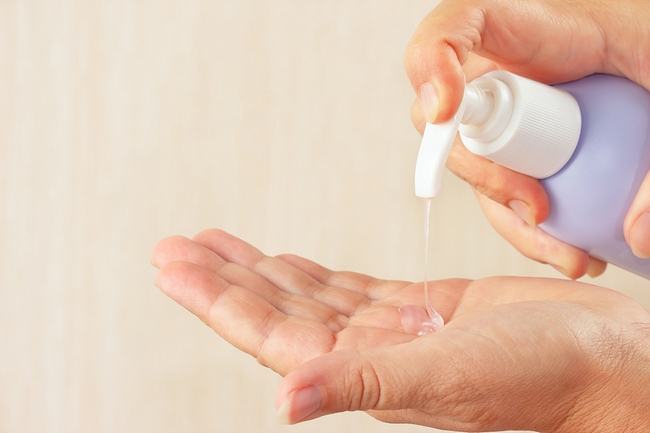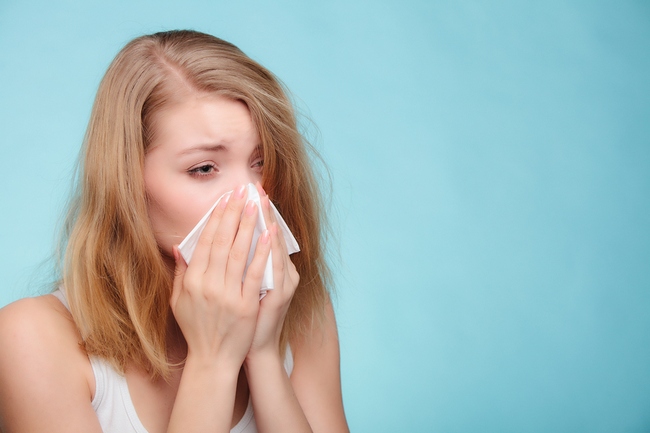- Make It Yourself Lavender Heart-Shaped Bath Bombs!
- 20 Things You Never Knew About “Down There”
- 12 Best Foods For Those Suffering From Arthritis Pain
- 12 Personal Hygiene Mistakes Almost Everyone Makes (Mom Never Told You About #4!)
- 15 Medicinal Plants And Herbs From The Cherokee People
- 12 Mind-Blowing Benefits Of Drinking Coconut Water During Pregnancy
- 12 Outstanding Winter Foods That Won’t Fatten You Up Like A Christmas Turkey
How to Protect Yourself from Deadly Viruses such as SARS, Ebola, and Swine Flu
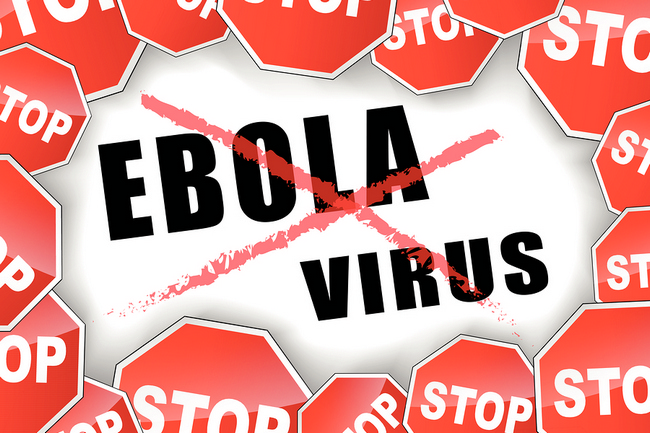
Photo credit: bigstock
With all the recent virus scares that have been going around over the past 10 or 15 years such as Swine flu (H1N1), Avian Flu, SARS, and now Ebola, many people are wondering what they can do to protect themselves from these potentially deadly viruses. Although there are some vaccines available, they are often ineffective or in short supply, and many of them carry toxic ingredients that are as dangerous as the virus itself.
So what can you do to protect yourself and your family? Seriously, everyone can’t go around in plastic bags nor can we live like hermits and no one wants to walk around like Michael Jackson wearing surgical masks and gloves, spraying Lysol on everything.
Well, don’t worry, there are plenty of things you can do to protect yourself and still live a normal life. Keep reading for the important facts that you need to know to keep you and your family safe in these uncertain times.
1. Stop Suppressing Your Immune System
When it comes to viruses, your first line of defense is your immune system. Unfortunately, many of us have compromised immunes systems due to our eating habits and the toxins in our environment. So stop causing damage to your immune system and avoid the following:
- Alcohol
- Corn/Soy/Gluten ( these are all GMO)
- Hydrogenated foods and oils
- Highly processed foods
- Sugar
- Artificial sweeteners
- Excessive consumption of animal protein
- Chronic stress
- Excessive EMF exposure
- Lack of vitamin D supplements or limited sun exposure
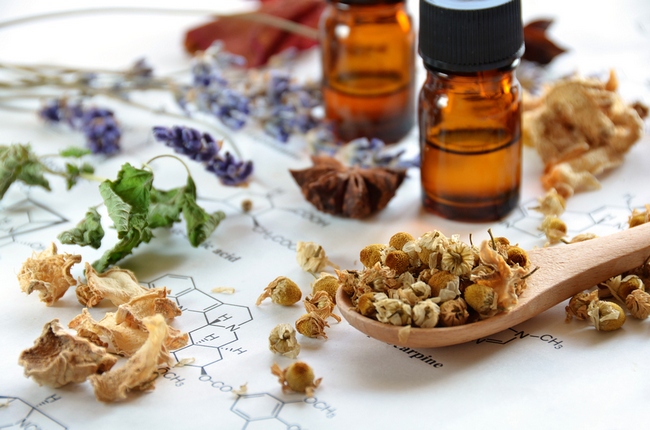
Photo credit: bigstock
2. Begin Taking Antibacterial Foods, Herbs, and other Solutions
Now you need to start consuming foods that can begin to kill off any harmful bacteria in your body so your immune system can work correctly. Some of the best antibacterial herbs and foods to begin including in your diet include:
- Yarrow
- Garlic
- Onion
- Ginger
- Garlic
- Lemon
- Turmeric
- Cayenne
- Peppermint
- Uva Ursi
- Marshmallow root
- Clove
- Echinacea
- Cinnamon
- Cranberry
- Calendula
- Goldenseal
- Oregon Grape Root
- Colloidal Silver (find out the effect of colloidal silver)
Almost all of these foods and herbs can be used in a variety of ways in your everyday meals. If you simply can’t imagine how you might fit these into your diet, you can always take them as supplements, tinctures, fresh juices, tea, and essential oils. It’s good to know that some the items mentioned above have anti-viral compounds as well as being antibacterial (Echinacea, ginger, cranberry, garlic, and colloidal silver)

Photo credit: bigstock
3. Begin Consuming the Things that Strengthen Your Immune System
Now you can begin to consume the foods and herbs that are known to strengthen and improve your immune system including the following:
- Herbs that support healthy liver function such as dandelion root, milk thistle, burdock root, artichoke, turmeric, and yellow dock root.
- Vitamin C supplements or eat peppers, kale, oranges, lemons, and grapefruit.
- Zinc supplements or eat more pumpkin seeds.
- Adaptogenic herbs such as pau d’arco, Siberian ginseng, una de gato, and reishi.
- Probiotics supplements or eat more apple cider vinegar, kombucha, coconut kefir, and sauerkraut.
- Take vitamin D supplements and/or get safe sun exposure.
4. Practice Good Hygiene
This is basic, but something we tend to forget when we are hurried. Wash your hands well with hot soap and water and wash them often. Try your best to avoid touching your face.
You don’t need to use antibacterial soaps, regular old soap kills germs just as well. If you cannot get to soap and water, use an alcohol based hand sanitizer with at least 60 percent alcohol content.
Keeping one of those small, travel sized hand sanitizers in your purse or pocket is a good idea.
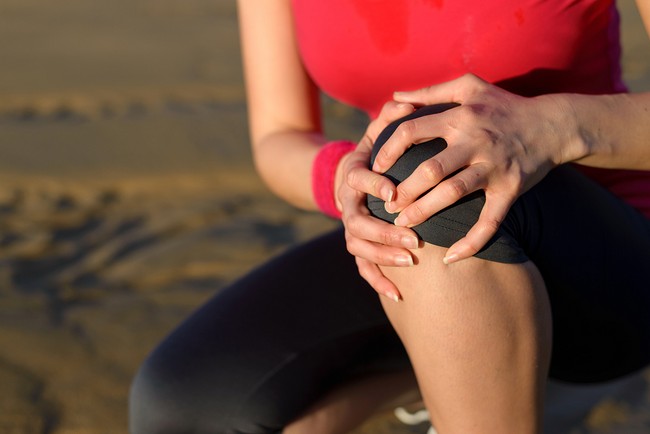
Photo credit: bigstock
5. Treat Injuries
If you have any cuts or scrapes on your body that aren’t covered by clothing, keep them covered with a bandage or gauze and tape.
Many viruses enter the body through openings such as these, so keep any open wound covered until it has a scab or has completely healed. Check your children for scratches and scrapes and keep them covered as well.
Explain to them that they need to keep the bandage on their boo-boo until it heals so they won’t take it off.
6. Avoid Contact With Anyone Possibly Infected
Although Ebola is a bit more difficult to catch than some other viruses, no one wants to be infected with any type of virus if we can avoid it. If you should see someone sneezing, coughing, vomiting, or is obviously sick, avoid contact.
- Don’t be too embarrassed to refuse to shake hands. You can always blame yourself saying that you think you are coming down sick and you don’t want to spread it. Everyone will appreciate that, even if it isn’t true.
- Don’t do the hug and air kiss thing if you have any concerns that the other person might be sick.
- If the person is obviously sick, try to keep at least a 3 to 5 foot distance from them.

Photo credit: bigstock
7. Disinfect Potentially Infected Areas
Public areas are especially dangerous as most viruses can live on surfaces for hours unless exposed to direct sunlight. If at all possible, avoid the following situations or take precautions:
- Don’t ride the subway, buses, or taxis if you can avoid it. If you can’t, try to avoid touching handrails, handholds, and door handles or use a hand sanitizer immediately afterwards if you must touch them.
- Cover an ATM pad with a tissue or use a hand sanitizer immediately after use.
- If someone in your house is sick, wash all bedding, towels, and clothing in hot water.
- If you are caring for someone in your house be diligent about cleanliness. Wash your clothes in hot water daily, wash your hands frequently, use separate plates and utensils for the sick person and wash them in hot water immediately afterwards or use the hottest setting on your dishwasher. Use antibacterial tissue paper.
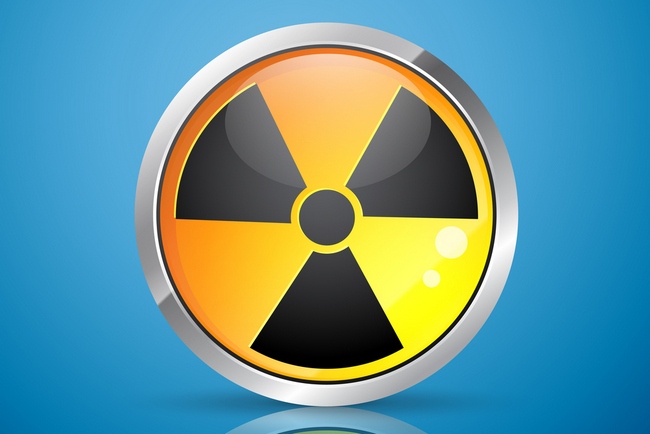
Photo credit: bigstock
8. Know the Warning Signs
Almost everyone who contracts a virus will start off with gentle symptoms in the beginning such as a low grade fever, sore throat, runny or stuffy nose.
A person with these symptoms is contagious and since you won’t know if it’s just a cold, if it’s H1N1, or something else.
Of course if you or a loved one has had contact with someone had Ebola or cared for someone with Ebola, or traveled to infected African countries, get to a hospital immediately. Otherwise, keep this person home from school or work to avoid spreading the infection further.
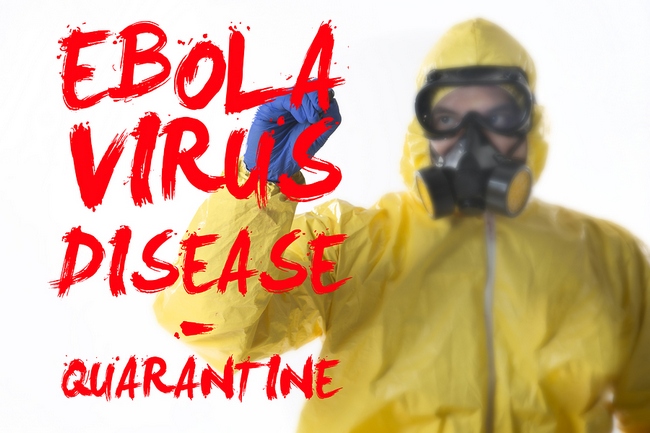
Photo credit: bigstock
9. Know What To Do
Although the chances of infection from Ebola are very, very low, it’s still important to know how to avoid it.
- No matter where they are, never touch bats, monkeys, gorillas, or chimpanzees.
- If you travel, even if it’s not in Africa, never eat monkey meat. It’s believed that this is how the Ebola virus got into the human population to begin with.
- Never touch the blood or other fluids of these types of animals or anyone you think might be infected.
- If you think you might have come into contact with an animal, or a person that was infected, or if you traveled in infected countries, and you develop a fever, no matter how slight, get to a hospital immediately.
- Never touch a dead body that might have been infected.
- Avoid traveling to countries that are currently experiencing an outbreak.
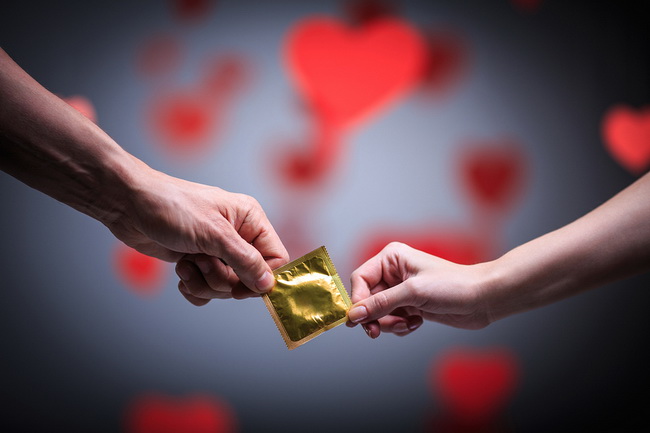
Photo credit: bigstock
10. Use Condoms
The Ebola virus can be spread via sex and this virus lives in semen for about 3 months after a survivor stops showing any symptoms of the virus.
If there is any doubt, use a condom!
Sources:
Healingthebody.ca
Healingthebody.ca
Biodefense.com
Sustainablebabysteps.com
Ncbi.nlm.nih.gov
Ion.ac.uk

